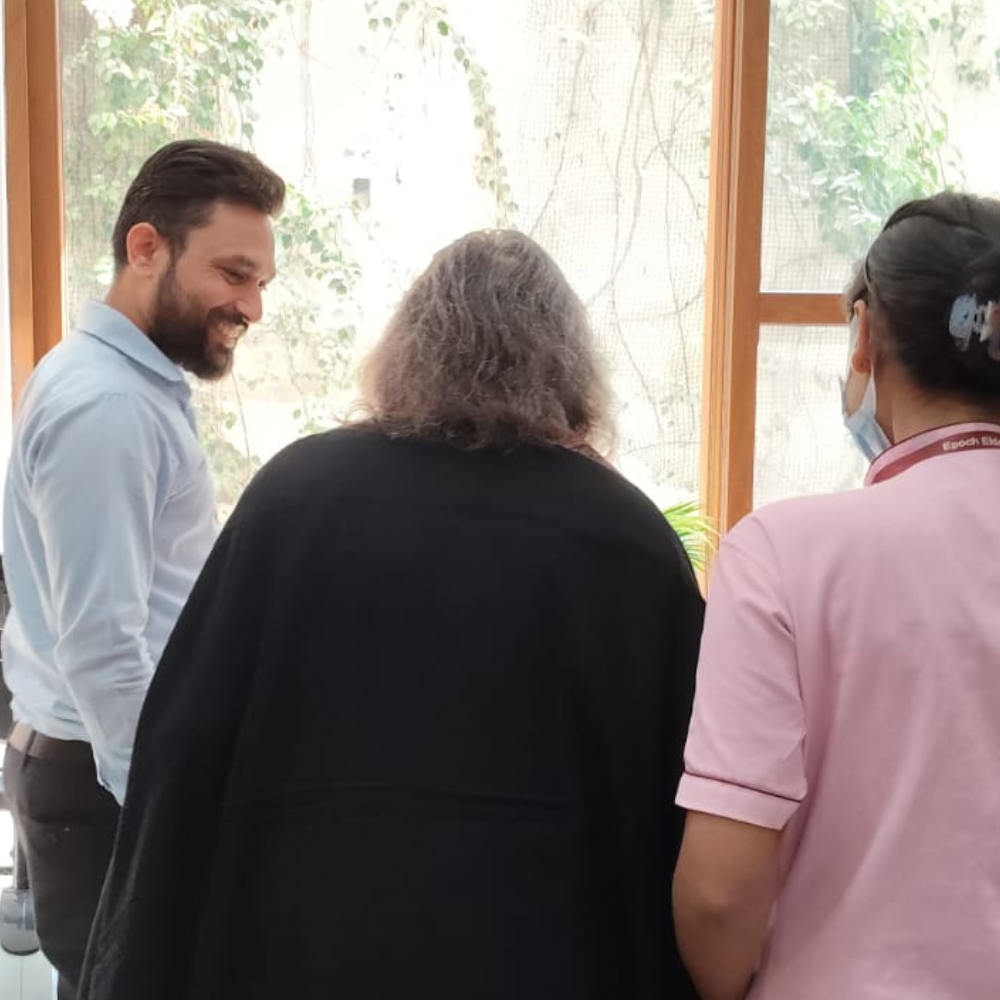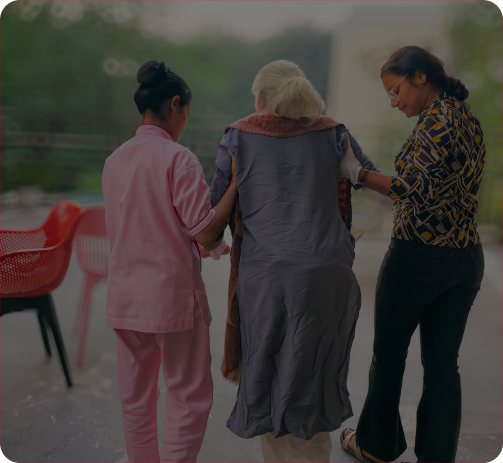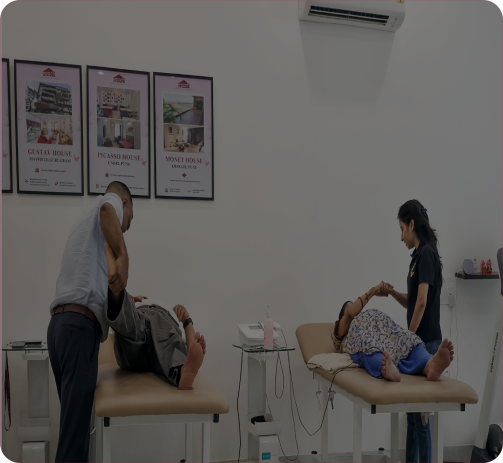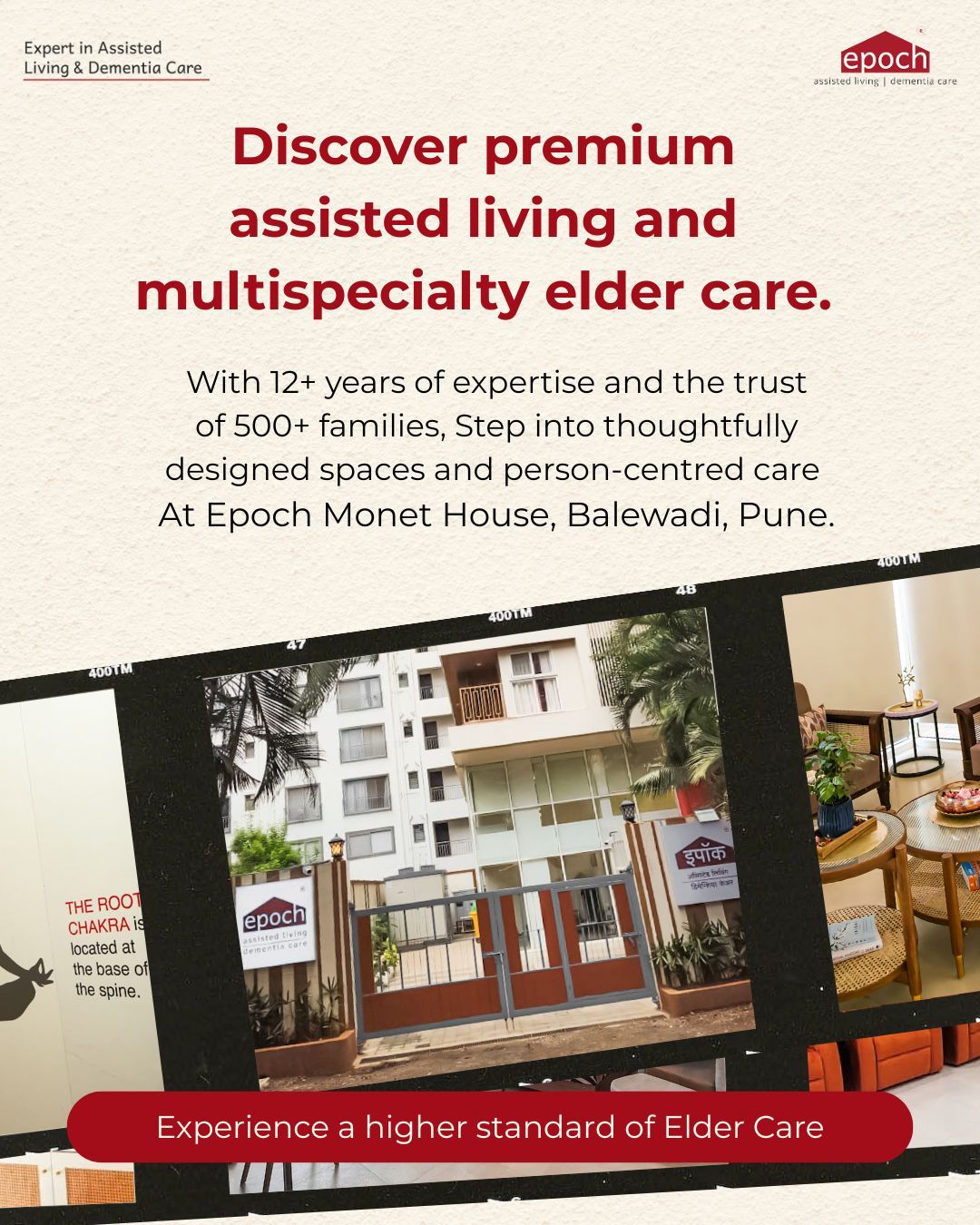I have been working at Epoch Elder Care for several years now, and one of the most common situations I see is families facing a tough decision after a loved one undergoes surgery or an illness: Where should recovery happen?
Hospitals save lives, homes give comfort, and assisted living provides a bridge between the two. But unless you’ve seen it firsthand, it’s hard to understand why recovery and rehabilitation in assisted living feels so different. I’d like to share my perspective as someone who witnesses this journey every day.
Hospitals: Lifesaving but Not Built for Long Recovery
There is no denying the role of hospitals. When an elder has a fall, needs surgery, or faces a sudden medical emergency, hospitals are where critical treatment and stabilization take place. I have seen families deeply grateful to doctors and nurses who act swiftly and skillfully in those first crucial hours.
But once the emergency passes, challenges begin. Hospitals are clinical by design. They focus on diagnosis, treatment, and discharge. Staying longer than necessary carries risks:
- Infections: Hospitals are high-exposure environments. Prolonged stays increase vulnerability, especially for elderly with weaker immunity.
- Limited Rehabilitation: Therapy sessions in hospitals are often brief, rushed, or dependent on availability. The focus is on the medical side, not holistic recovery.
- Emotional Strain: Elders often feel anxious in sterile, impersonal surroundings. Families, too, begin worrying about mounting bills and the strain of prolonged hospitalization.
Hospitals are essential, but they are not meant for long healing journeys.
Homes: Familiar but Not Always Equipped
The first instinct of many families is to bring their loved one home. After all, what could be better than recovering in familiar surroundings, close to loved ones?
This choice is full of love, but it comes with hidden challenges:
- Lack of Training: Families are not trained to handle wound dressings, physiotherapy, or emergency situations. Even something as simple as monitoring blood pressure regularly can feel overwhelming when added to everyday responsibilities.
- Infrastructure Gaps: Most homes are not elder-friendly. Stairs, uneven flooring, and the absence of grab bars make movement risky. Something as basic as reaching the bathroom at night can cause accidents.
- Emotional Burden: Many elders tell us that while they appreciate being at home, they feel guilty about “troubling” their children. Families, meanwhile, often struggle to balance work, children, and caregiving. This emotional weight can slow down recovery.
I once met a resident whose daughter tried her best to manage everything after her father’s surgery. She would rush home from the office, do wound dressings late at night, and handle his physiotherapy videos from YouTube. Despite her love and effort, he wasn’t progressing as expected, and both were exhausted.
Home offers comfort, but recovery requires structure, medical oversight, and consistency that families alone often cannot sustain.
Assisted Living: The Middle Path That Feels Different
This is where assisted living plays a crucial role. At Epoch, I’ve seen elders recover not just physically, but emotionally and socially, in ways that neither hospitals nor homes could provide alone.
Here’s why recovery here feels different:
1. Medical Support Without the Intensity of Hospitals
Elders receive continuous medical oversight, and nurses ensure medications are taken on time, vitals are monitored, and any changes are quickly addressed. Yet the atmosphere isn’t clinical. Instead of white coats and rushing corridors, there’s calmness and reassurance. It’s medical care woven into daily life.
2. Structured Rehabilitation
Recovery is most effective when it’s consistent. At Epoch, physiotherapy isn’t an afterthought — it’s part of the daily rhythm. Elders are guided step by step, exercises are monitored, and progress is celebrated. One resident once said to me, “Here, I don’t feel like a patient. I feel like someone learning to walk again.” That sense of dignity makes a huge difference.
3. A Safe Environment Designed for Elders
Our spaces are fall-proof, equipped with handrails, ramps, and emergency support. Elders can move about freely without fear, which builds confidence. Something as simple as walking independently to the dining hall becomes an achievement that boosts morale.
4. Emotional and Social Well-being
Recovery is not just about the body. In hospitals, elders feel like cases. At home, they may feel like burdens. But in assisted living, they find companionship. Shared meals, group activities, and gentle engagement reduce loneliness. I’ve seen residents encourage each other — one clapping for another during physiotherapy sessions. Healing becomes a shared journey.
5. Families Can Just Be Families Again
Perhaps the most profound change is in family dynamics. Daughters and sons can visit without the weight of medical caregiving. They can sit, talk, laugh, or simply hold hands, knowing the professional care is taken care of. One daughter told me, “For the first time since his surgery, I could just be with my father, not his nurse.”
Why It Feels Different
From my experience, the key difference is this: Hospitals treat the illness, homes give love, but assisted living nurtures recovery.
Recovery here is holistic, encompassing medical, physical, emotional, and social aspects. Elders don’t just heal; they regain confidence and dignity. Families don’t just support; they reconnect in meaningful ways.
A Balanced Approach for Families
I often tell families: there’s no one-size-fits-all answer. Hospitals are essential in emergencies, homes provide emotional comfort, and assisted living bridges the gap when structured recovery is needed. The best decisions are the ones made with awareness, not fear.
Every elder’s journey is unique, but what I’ve learned at Epoch is this: recovery flourishes in environments where safety, care, and joy come together. Assisted living isn’t a replacement for hospitals or homes; it’s a complement. It’s that middle path where healing truly feels different.













